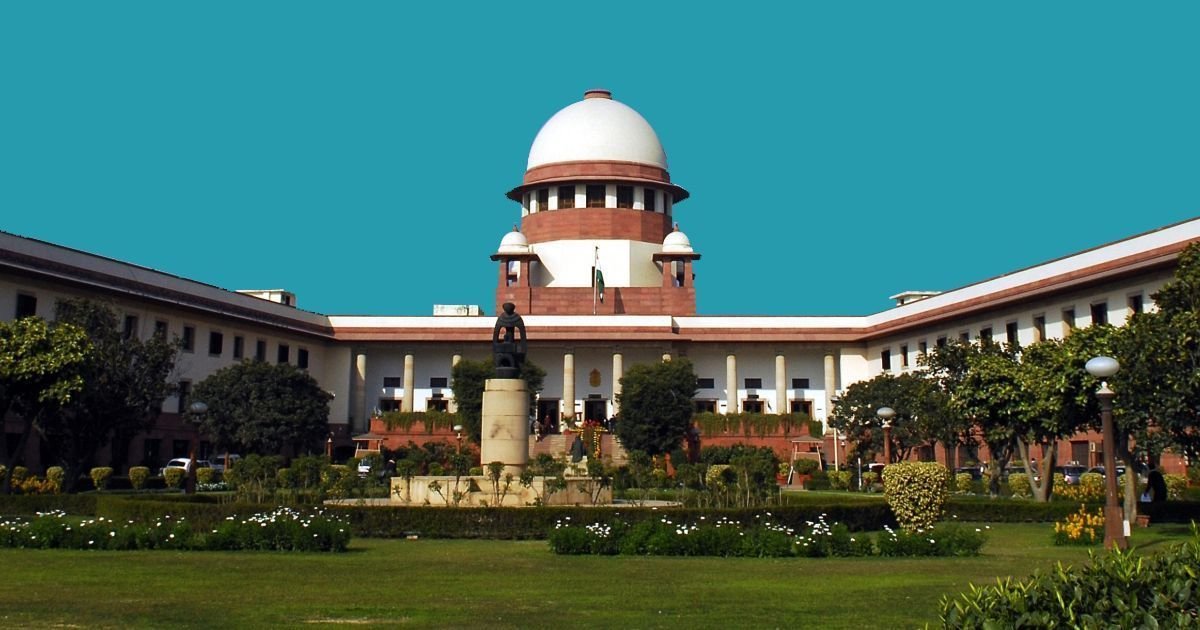Which portfolios in India enjoy immunity from arrest?
- President
- Governor
- Armed Forces
- Foreign Diplomat
1961 Vienna Convention on Diplomatic Relations
The 1961 Vienna Convention on Diplomatic Relations Grants diplomats immunity from the criminal, civil and administrative jurisdiction of the country in which the diplomat is hosted.
Article 361 of the Constitution
According to Article 361 of the Indian constitution
The President, or the Governor of a State, shall not be answerable to any court for the exercise and performance of the powers and duties of his office or for any act done or purporting to be done by him in the exercise and performance of those powers and duties.
For any personal act done by the president or governors no criminal proceedings could be done by anyone, they cannot be arrested or imprisoned. This is applicable only for the tenure of their office period as the president or governors. After their tenure, these immunities are not applicable. However, The civil proceedings can happen during their office tenure. It is applicable by giving notice before two months. But after the impeachment process, the persons who enjoy the posts of governor and president all are treated as common people.
Section 133 of the Code of Civil Procedure
133. Exemption of other persons
(1) The following persons shall be entitled to exemption from personal appearance in court, namely;—
(i) the President of India;
(ii) the Vice-President of India;
(iii) the Speaker of the Houses of the People;
(iv) the Ministers of the Union;
(v) the Judges of the Supreme Court;
(vi) the Governors of States and the Administrators of Union Territories;
(vii) the Speakers of the State Legislative Assemblies;
(viii) the Chairman of the State Legislative Councils;
(adsbygoogle = window.adsbygoogle || []).push({});
(ix) the Minister of States;
(x) the Judges of the High Courts.
Section 45 of the CrPC
Protection of members of the Armed Forces from arrest clearly says that a member serving in the armed forces shall be arrested for anything purported by him in the discharge of his duties only on the consent of central government.
Exceptions
1. Judges- A judicial officer can be arrested for an offence under intimation to the district judge or the high court. If immediate arrest of a judicial officer of the subordinate judiciary is necessary, a technical or formal arrest may be effected. Arrest should be immediately communicated to the district judge and Chief Justice of high court. Arrested judicial officer will not be taken to police station without prior directions from the district judge. There should be no hand-cuffing of the arrested judicial officer. But if he turns violent, and there is a danger to life and limb, he can be handcuffed with intimation to district judge as well as to the CJ of the HC concerned.
2. Prime Minister/Chief Minister- If PM/CM is found guilty under the law, then the high court and supreme court can call and do the proceedings. Cases can be filed against the sitting Prime Minister , and he/she can even be called for cross examination by the Indian Courts.
If found guilty by courts , irrespective of being the sitting Prime Minister he/she has to abide by whatever sentence the court proclaims.
3. Members of the Lower house or Upper House- Parliamentary Privilege is a Legal Immunity enjoyed by members of certain legislatures.
If we talk about India here, freedom from arrest has been limited to Civil causes and has not been applied to arrest on criminal charges or to detention under the Preventive Detention Act. Also there is no privilege if arrest is made under S.151 Criminal Procedure Code.
So, Detention and Arrest of MLAs/MPs/ is different as compare than Ordinary Citizens.
These are the Guidelines on the Arrest of a Member of Parliament/Legislative Assembly
1) The Speaker of the House must be informed if an M.P/MLA/MLC is arrested on a criminal charge or detained under an executive order of a magistrate.
2) Any transfer from the place of custody should be notified to the Speaker/Chairperson of the house of which the arrested person is a member.
3) The police should not arrest any member of legislature, nor should they serve any legal process, civil or criminal, without obtaining the permission of the Speaker/Chairperson
Conclusion
CrPC provide provision related to arrest, code provide in what circumstance a person can be arrest and who can arrest. Code also provide who enjoys immunity from arrest.
Indian Constitution also give immunity from arrest of person from arrest. Some International treaty also provide immunity from arrest of certain person.
Bibliography
1. CrPC Takwani
2. Lawecort.in
3. Indian Constitution M.P Jain


![National Quiz Competition by Our Legal World on Constitution Day [Prize Worth 30k] Register by 25th Nov](https://www.ourlegalworld.com/wp-content/uploads/2020/11/Quiz.jpg)






![Tax Law Internship at Legum Attorney [Chamber of Ashish Panday], Delhi : Apply by 15th May 2025](https://www.ourlegalworld.com/wp-content/uploads/2025/05/IMG_0113-min.png)

